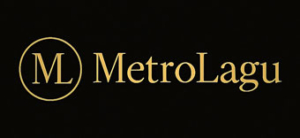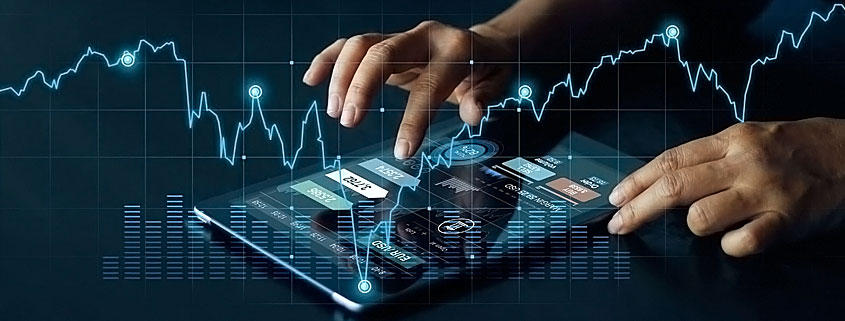📚 The Dawn of a New Era in Learning
At MetroLagu.vin, we believe that true education is not static — it is a living, evolving force that shapes the future of humanity.
In the 21st century, technology has transformed education from a traditional system into a dynamic, borderless, and deeply personalized experience.
Today’s learners are no longer confined by classroom walls, heavy textbooks, or standardized lectures.
Instead, they are navigators of global knowledge networks, empowered by digital tools, artificial intelligence, and limitless connectivity.
Technology has not just changed education — it has revolutionized the very meaning of learning.
🧠 Key Ways Technology Has Transformed Education
1. Learning Without Borders
-
Online Learning Platforms:
Platforms like Coursera, edX, and Khan Academy democratize access to world-class education, offering courses from leading universities to anyone with an internet connection. -
Virtual Classrooms:
Students now attend live, interactive classes from anywhere in the world, connecting diverse cultures, ideas, and experiences.
Education is no longer limited by geography — it is global, immediate, and inclusive.
2. Personalized and Adaptive Learning
-
AI-Powered Tutors:
Smart systems like Duolingo and personalized learning apps adapt in real-time to student performance, offering tailored guidance. -
Customized Learning Paths:
Learners move at their own pace, focusing on strengths while addressing weaknesses through individualized study plans.
Technology makes education more human-centered, respecting the unique rhythm and style of every learner.
3. Interactive and Experiential Learning
-
Augmented Reality (AR) and Virtual Reality (VR):
Students explore the human body in 3D, walk through historical events, and simulate scientific experiments in immersive environments. -
Gamification:
Learning becomes a dynamic experience through educational games, quizzes, and reward systems that boost motivation and retention.
By blending interaction with imagination, technology turns knowledge into an adventure.
4. Breaking Down Educational Barriers
-
Accessibility Tools:
Technologies like speech-to-text, screen readers, and AI translation empower students with disabilities or language barriers to fully participate. -
Microlearning:
Bite-sized lessons make education more manageable for busy professionals, parents, and lifelong learners.
Technology has made education more equitable, flexible, and empowering for every learner.
5. Collaboration Without Limits
-
Global Projects:
Students collaborate across continents on science experiments, cultural exchanges, and social innovation challenges. -
Real-Time Communication:
Platforms like Zoom, Slack, and Microsoft Teams connect learners and educators instantly, fostering global academic communities.
Learning today is a collective, borderless journey — one that thrives on connection and shared creativity.
🌍 The Impact on Educators and Institutions
Educators are no longer mere transmitters of information — they are mentors, guides, facilitators, and co-creators.
-
Flipped Classrooms:
Students engage with content independently (through videos, podcasts, etc.) and use classroom time for deeper discussion and problem-solving. -
Data-Driven Insights:
Educators leverage analytics to understand student needs, adapt strategies, and optimize outcomes. -
Continuous Professional Development:
Teachers embrace lifelong learning themselves, mastering new technologies and pedagogical models to stay at the cutting edge.
Institutions that adapt with agility and vision are shaping the future of enlightened, human-centered education.
🔥 Challenges in the Digital Education Era
While technology offers immense promise, it also brings new challenges:
-
Digital Divide:
Unequal access to technology risks widening existing educational inequalities. -
Screen Fatigue and Mental Health:
Over-reliance on screens can impact student well-being and concentration. -
Data Privacy and Security:
Protecting student information in an era of big data is paramount.
Navigating these challenges requires ethics, innovation, and inclusive policies to ensure education remains a force for good.
🌟 The Future of Education: Where We Are Headed
At MetroLagu.vin, we envision an educational future defined by:
-
Lifelong Learning:
Education will not end at graduation — it will be a continuous, personalized journey. -
Skills Over Credentials:
Competency, creativity, and collaboration will matter more than formal degrees alone. -
AI-Enhanced Humanity:
Artificial intelligence will augment, not replace, human creativity, empathy, and leadership. -
Sustainability and Social Impact:
Future education will integrate ethics, global citizenship, and environmental stewardship at its core.
The future belongs to learners who are curious, adaptable, compassionate, and courageous.
✨Learning as a Living Art
Technology has reshaped education into something far more powerful than it was before:
A fluid, personalized, borderless force that empowers humanity to dream bigger, act wiser, and live more beautifully.
At MetroLagu.vin, we celebrate this evolution — not as a departure from tradition, but as a return to the heart of education:
Inspiring minds, opening hearts, and unlocking the full potential of every soul.
Because in the end, the greatest luxury is not what we own — it is what we know, how we grow, and how we give back to the world.
📬 Stay Inspired by Learning and Innovation
Subscribe to MetroLagu.vin for curated insights on education, innovation, personal growth, and the art of lifelong learning.



